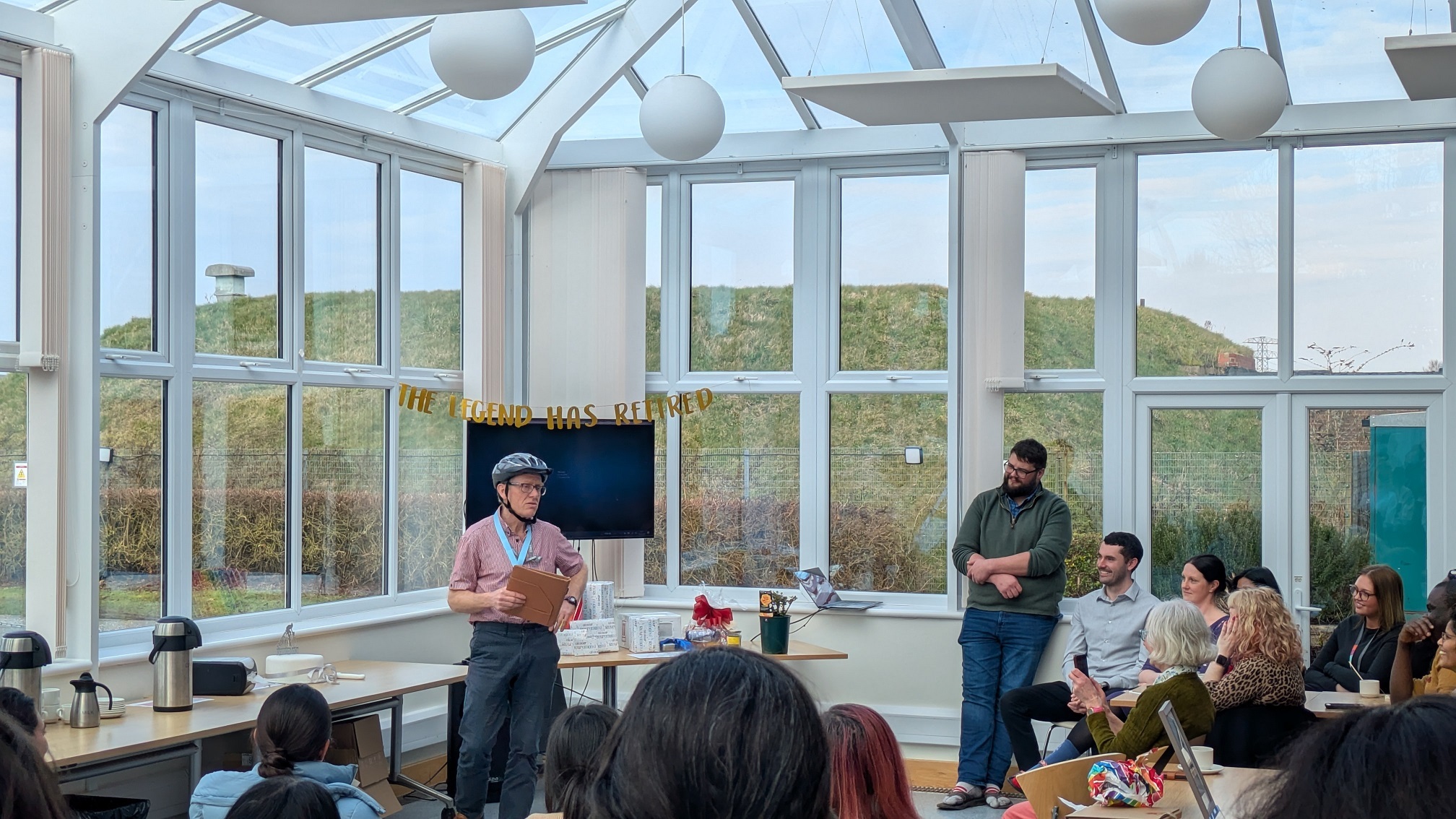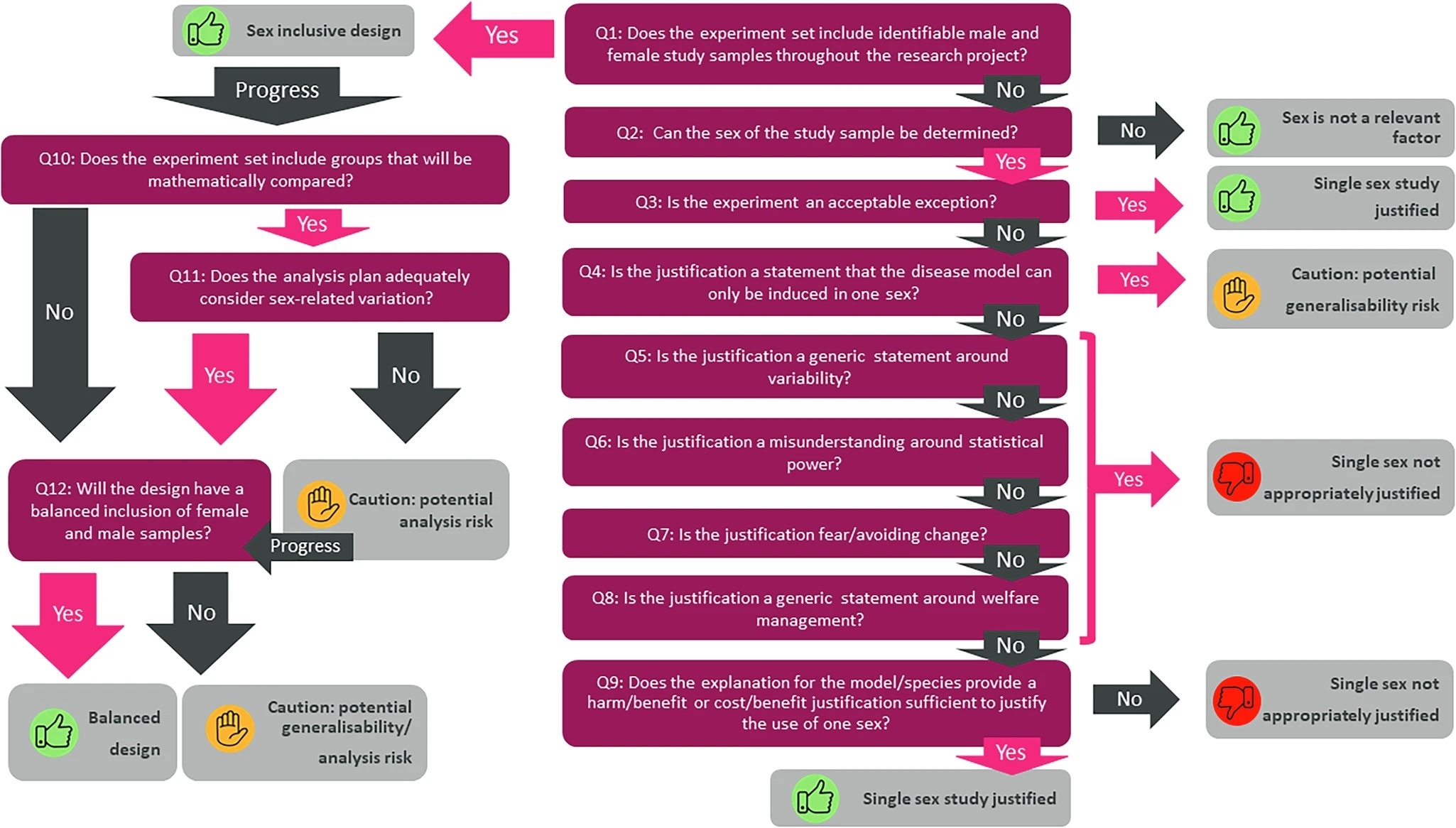Dr Ann-Marie Mallon, the head of Informatics at MRC Harwell, is working in collaboration with statisticians, clinicians and technologists to support the use of big data to develop technologies that could diagnose the onset of dementia.
The Early Detection of Neurodegenerative diseases (EDoN) initiative, established by Alzheimer’s Research UK, aims to harness digital health data in order to develop technology that will transform the early detection of neurodegenerative diseases.
Diseases such as dementia are increasing in prevalence however, there still remains a lack of treatment options to slow or stop these conditions. Currently, diagnosis only occurs after the onset of symptoms such as memory loss. However, these diseases can begin to develop up to two decades before symptoms begin to show. Identifying the changes that occur in the brain during the early stages of the disease could allow for better future prospects.
Former UK Prime Minister David Cameron, President of Alzheimer’s Research UK, said: “During my time as Prime Minister I witnessed first-hand the devastating impact of dementia on families and made a personal commitment to transform the pace of research efforts across the globe. At the first G8 Dementia Summit in 2013, health leaders committed to finding a disease-modifying treatment for dementia by 2025. As that deadline grows closer, we must focus not only on developing life-changing medicines but how we ensure they reach the right people at the right time.
“Early and accurate diagnosis will give future treatments the head-start they need to succeed. EDoN brings together those at the forefront of this early diagnosis movement. Through technology and big data, I strongly believe we are on the cusp of a revolution in how we detect the brain diseases that cause dementia and radically improve the lives of the millions on families facing these heartbreaking diseases.”
EDoN will collect and analyse digital data, such as sleep gaits, heart rate and speech patterns, in order to identify early changes or novel patterns in the brain, which could be signatures of disease. These signatures, or “fingerprints,” can then be detected through wearable technologies, such as smart watches.
This project could see these technologies used as an early detection test that could identify those most at risk of disease as well as provide scope for research into potential future treatments. This project demonstrates the need for collaborative efforts in medical research. The synergy between data scientists, such as those at MRC Harwell who analyse the retrospective data, and statisticians, allows for the development of machine learning models. These models can then analyse the big data obtained from the project’s wearable technologies, which can be applied to research to understand the early signs of disease development.



